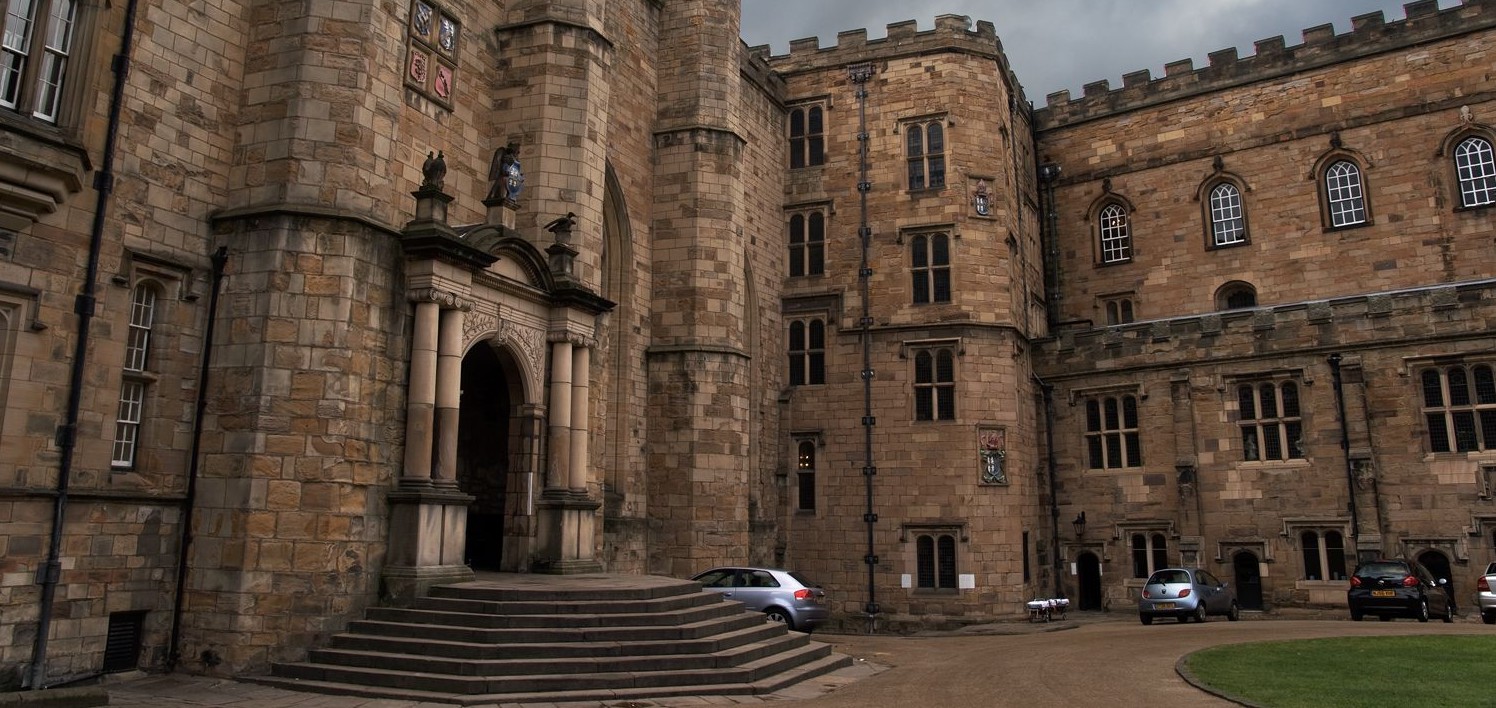Durham University offers students money to defer entry
Durham has become the first university to offer a bursary to persuade students to defer their studies.
Bursaries will be offered to students who defer their studies until 2021, as UCAS figures show that 15,000 applicants who originally lost out on their first-choice places due to downgraded A-levels have now met their original offer.
Following the government U-turn on A-levels, the university has promised to honour all offers that were successfully met. However, it says that some students “will have to defer entry” because of “capacity issues, both in regard to teaching and accommodation”.
An email sent to students said that those who deferred would be guaranteed sought-after college accommodation and “will be provided with a bursary by Durham University to help with their transition to university life”.
Durham did not say how much a bursary would be worth and said that further details would follow shortly.
Due to legally binding contracts made when offers were sent out, universities could face being legal action if they do not offer a place to students who have met their conditions.
Nick Hillman, the Director of the Higher Education Policy Institute, said: “I think Durham will be the first of many. There could be an arms race where one university offers, say, £2,000, and somebody else offers more.
“What students will want is cash in hand, and the other thing they will want, which doesn’t cost universities anything, is first dibs on the accommodation.”
The Russell Group called for additional government support and funding, warning of an unprecedented rise in numbers and possible deferrals.
Allocating A-level grades to students who did not sit exams was never going to be easy. But the government’s solution is a clear fail. This will have repercussions for universities and students, now and in the coming years
– Institute for Fiscal Studies
Staff at one leading university said that they were overwhelmed with students following the government’s U-turn, with the Psychology department now having 230 eligible students compared to their original target of 190 students.
The government has removed caps on student numbers for each course and has said that it will work closely with universities over the challenge they are facing.
The government is going to provide medical schools with extra funding, so more students are able to train as doctors and there are more places for those who now have higher grades.
The Medical Schools Council said it was “delighted” but warned that some students may still not get a place this year.
Katie Petty-Saphon, the Council’s chief executive, said that her members would “do everything possible to facilitate the increased number of students now eligible to study medicine, but until the precise numbers are known it is impossible to say how many will have to defer”.
The Institute for Fiscal Studies (IFS) branded the government’s handling of the crisis “a clear fail” and said that the government’s U-turn had left universities “in the lurch”.
The IFS warned that while the top universities would struggle to accommodate the extra students, the situation could be “financially crippling” for universities lower down the rankings, because of the loss of a number of students to higher ranked universities.
“Allocating A-level grades to students who did not sit exams was never going to be easy. But the government’s solution is a clear fail. This will have repercussions for universities and students, now and in the coming years.”

Comments